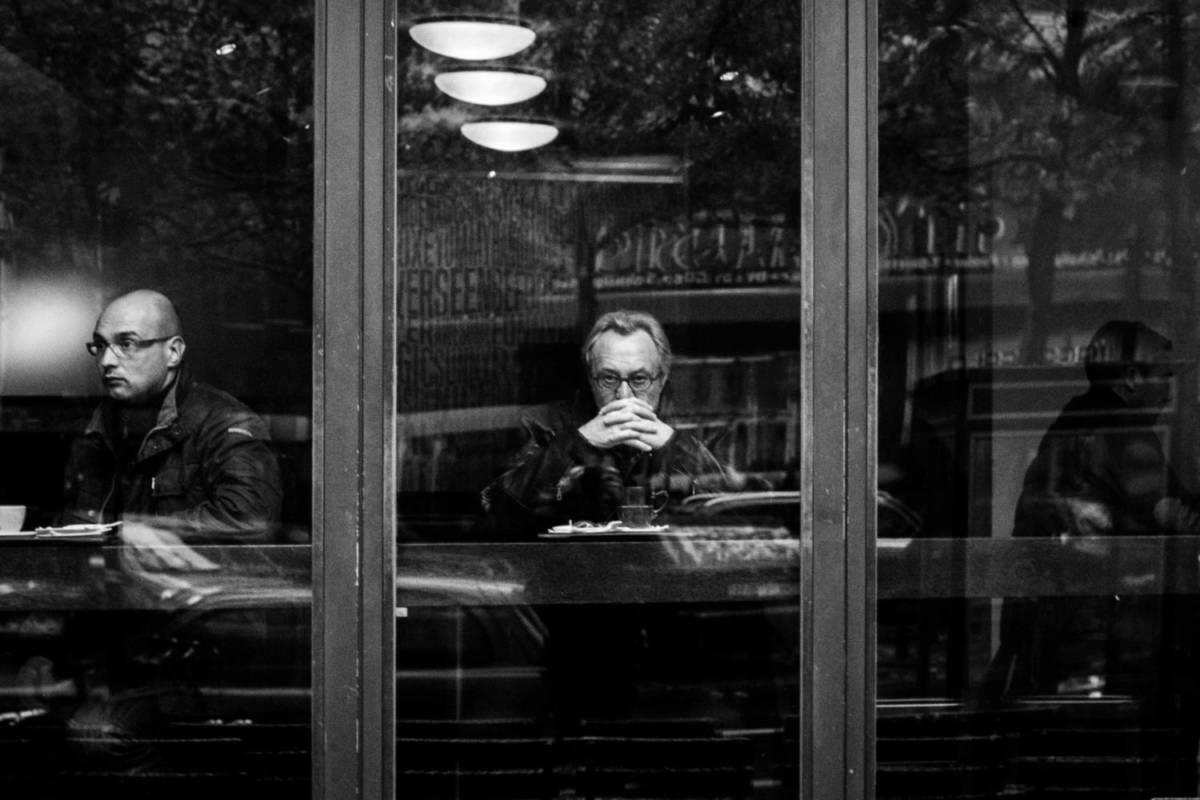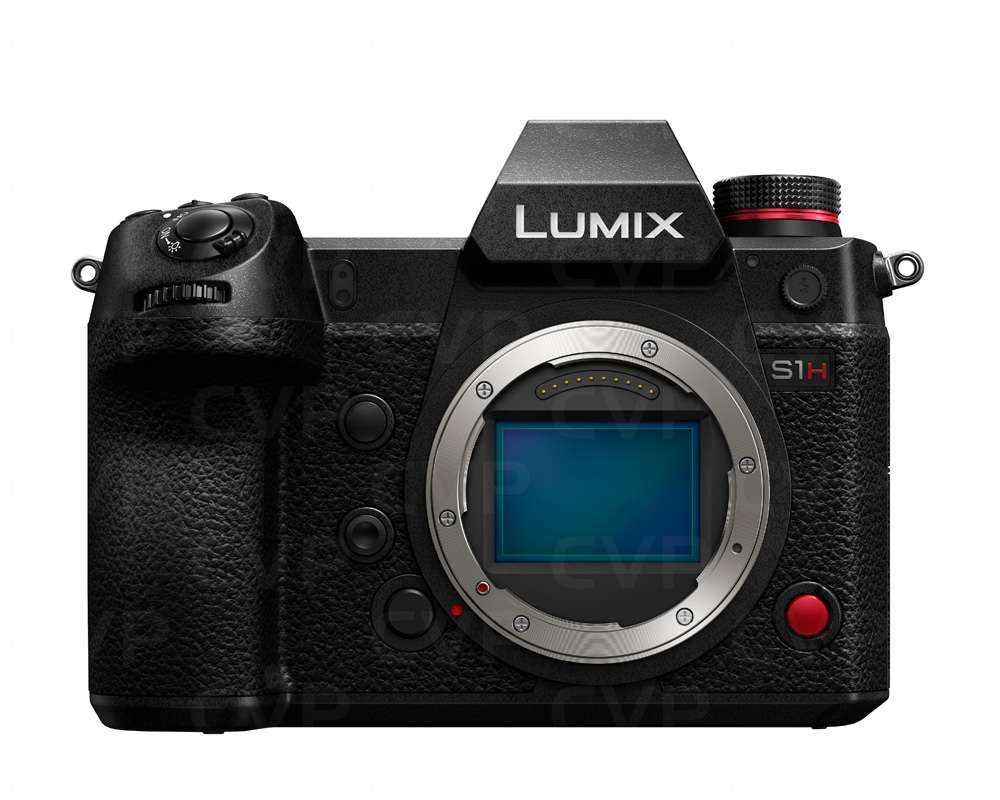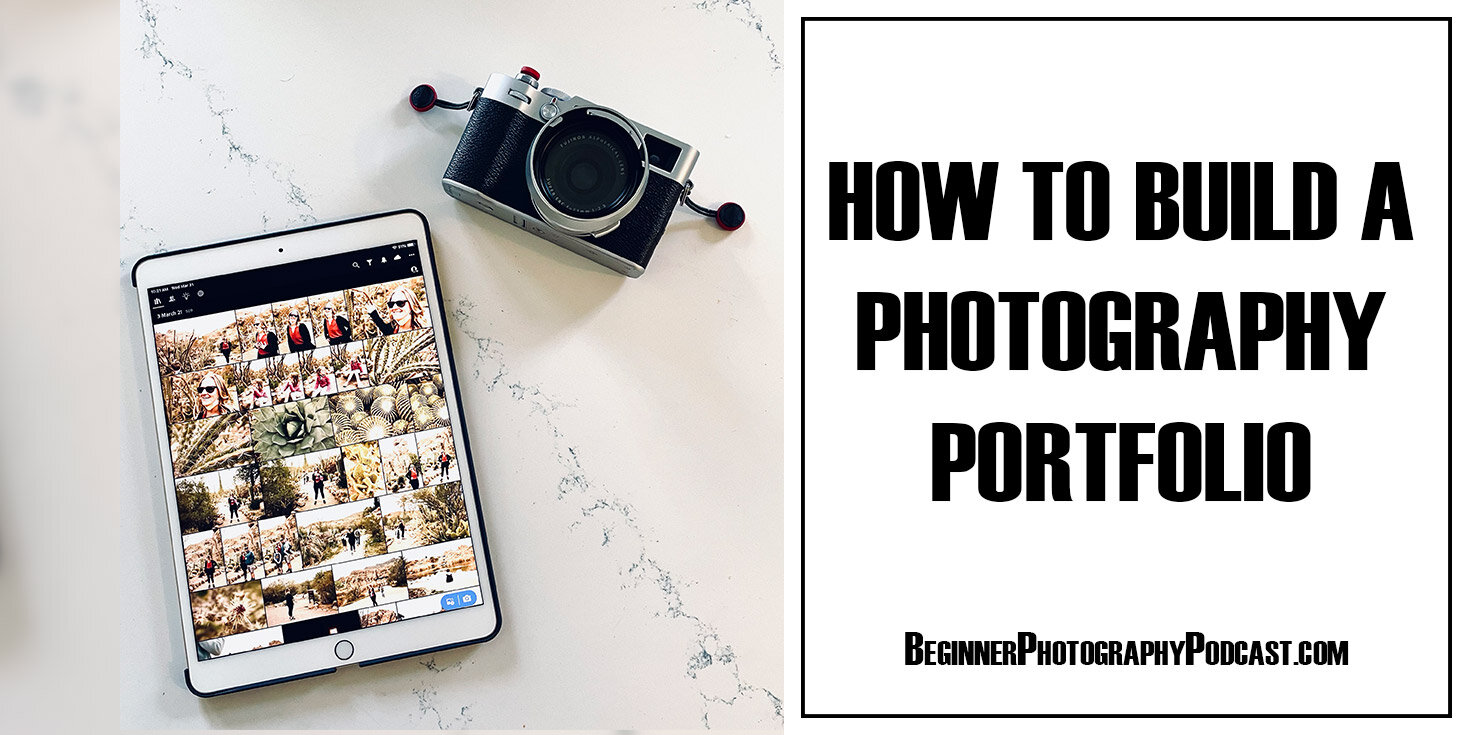
A set of goals is a great idea for your photography. It will help you stay motivated and on track. You will be more successful if you have more goals. You can also keep track of your progress with a photography goal sheet. The goals will also help you determine how much time you need to spend on each task.
Composition
The first step in taking good photos is to have a basic understanding about composition. This knowledge will help you create photos that are more attractive and pleasing to the eyes. By using different rules, you can create unique compositions which will grab attention. Ultimately, the goal of composition is to express an artist's vision.
One of the earliest rules of composition is called the rule of Thirds. This classic rule divides the frame into 3 sections. The rule says that the most significant elements of your image should fall along one of these lines. This rule does not apply to any particular subject, style, or type of photography. It can be applied horizontally or vertically, or both.
Exposure
Having a basic understanding of exposure is a vital part of mastering photography. Exposure photography is about controlling the amount of light hitting your camera sensor. You can capture more information by adding or subtracting light.
A good exposure photo will not have blown out highlights, or dark shadows. It will also have an appropriate distribution of detail, both in the bright areas and the darker areas. This is possible through both theory and practice.

The exposure triangle includes shutter speed, aperture, ISO. These three factors influence how much light the camera sensor can capture. A slower shutter speed can capture less light, but a faster shutter speed can capture more.
Light
Taking pictures with a camera is only half the battle. It is important to know how to use the right lighting. You can create professional-looking images with the right lighting.
Learn about the different types light to achieve this. This will teach you how to adjust the lighting to make your subject more dramatic. You could use soft light for a less imposing subject, or you could use harder light to create dramatic shadows. It is important to understand how to work with different angles of light.
You might consider shooting in low light conditions for advanced photographers. Although this is a great way of making your subject appear bigger, you must learn how to properly do it.
Histogram
A histogram allows you to identify the amount of detail that is lost in an image. Histograms can be used by photographers in dark conditions and can be used to help them determine whether they should make any adjustments to their photos.
A histogram can be described as a graph that shows brightness for different parts of an images. It is usually a horizontal graph divided into three parts: the light values (lights), the mid-tones (mid-tones) and the highlights. A histogram is useful for photographers to determine if the photos need some tweaking or if they should shoot the image in another light.
Photo contests

You can gain valuable exposure, new clients, or a chance for your business to grow, no matter whether you are an amateur or professional photographer. You need to choose the right competitions, and then enter them.
The IPA Photography Competition offers a great opportunity to showcase your portfolio. The competition offers many categories including portrait, documentary and editorial. There is no limit on the number of photos you can submit, and there are discounts available for other categories.
All About Photo Awards gives you the chance to win cash prizes and have your work published in various publications. There are many photographers that enter each year. The winners are recognized and given exposure.
Make money as a professional photographer
You can make money as a photographer, no matter how young you are or how experienced you are. The key is to identify your niche and start shooting photos in that genre. After that, you can find ways to turn your skills into a lucrative career.
It is no secret that event photographers are in high demand. Local businesses can also make you extra cash by having you shoot events. Prints of your work can be also sold. Photographers can earn money in many different ways, including weddings, landscapes and portraits.
FAQ
What is a good camera bag?
A camera bag protects your gear and is essential when traveling. Here are some things to remember when buying a bag.
-
Sizing: A large bag will hold your camera and other accessories. Do not buy more than you need.
-
Durability: Choose bags made from durable materials like leather, canvas or nylon. Avoid plastic or fabric bags.
-
Protection: Make sure your bag protects against dust, dirt and moisture.
-
Organization: To make it easier to find what you need, organize your gear according to type. So, you can place your lenses in one box, your memory cards in another and your battery charger in a third.
-
Comfort: Keep your hands free when shooting by using a shoulder strap instead of a handbag. Look for comfortable designs with padded straps.
-
Price: You can shop around to find a great price. Some brands sell their products at discount prices, which can be an added bonus.
-
Warranty: Find out whether the company offers a warranty. This will ensure that you are able to contact the right person if something happens to your bag.
What equipment is necessary to begin digital photography
If you are just starting to get into digital photography, the most important thing is to choose which camera you would like. There are many options available, including DSLRs (digital single-lens reflex cameras), compact point-and-shoot cameras, camcorders and smartphones. Each one has its advantages and disadvantages. DSLR cameras can produce high-quality images, but they are usually heavier and more bulky than other types. Point-and–shoot cameras can be smaller and lighter than DSLR cameras, and they often have automatic settings that allow for special situations. Camcorders can record excellent video and have some still photography modes. Smartphones are light and portable and can be carried around easily.
Once you've decided on the type of camera you'd like to buy, you will need to decide whether you would rather buy a used or new one. Cameras that have been used in recent years can often be found for a reasonable price. Newer models cost more, as manufacturers spend a lot of money on developing new technology.
Next, you need to purchase lenses. Lenses are a critical part of determining the quality your photos. They let you adjust the focal length to zoom in and out of the scene, without losing focus. Some lenses have built-in flash units, while others require external flash units. Many brands offer many lenses with unique characteristics.
Finally, you need to purchase memory cards. Memory cards store photos taken by your camera. Your card's size will determine how many pictures it can store. Multiplying your memory cards is necessary if you are going to be taking lots of photos.
What is the best camera for beginners?
The best camera for beginners depends on your budget, needs, and skill level.
If you are looking to save money, then a point and shoot digital camera might be the best option. These cameras aren't as versatile as they look, but they provide good quality.
Digital Single Lens Reflex (DSLR) cameras have interchangeable lenses that allow you to shoot various types of shots. They usually cost more than point-and-shoots but give you much greater flexibility.
A beginner's package is a great way to get started in photography. The package includes everything you need: a camera, lens, memory cards, tripod, flash and a camera body.
Don't forget to buy extra batteries too!
Which Camera Should I Buy?
This all depends on who you want as a photographer. If you're just getting started, a basic point and click camera will suffice.
However, once you've mastered the basics, you'll likely want something more advanced. It all comes down to personal preference.
These are some important things to think about before you purchase a new camera.
-
Features: Which features are most important? Will you use manual settings or autofocus? How many megapixels is your camera capable of? Is there one?
-
Price: How much are you willing and able to spend on your camera? Are you planning on upgrading your camera every two years?
-
Brand: Will you be happy with the brand you select? There is no reason to settle for less than the very best.
-
Functionality: Can your camera work in low-light conditions? Are you capable of taking high-resolution photographs?
-
Image Quality: How sharp and clear are your images?
-
Battery Life: How much time will your camera last without needing to be recharged?
-
Accessories: Are you able to attach additional lenses or flashes? ?
Which Lenses Are Best?
Most beginners will ask this question: "Which lens should I buy?" There are many options. It can be difficult to make a decision.
You don't have to buy a brand new lens each time you purchase a new camera. Instead, you can buy additional lenses later.
Here are three types you might be interested in.
-
Wide Angle Lens (14mm-24mm): These lenses offer a wide field of view that allows you to capture more detail. You can zoom in to improve image quality.
-
Standard/Normal Zoom Lens (28mm – 70mm): These lenses allow for you to adjust focal lengths and maintain image quality.
-
Telephoto Zoom Lens (70mm to 200mm): These lenses make it easy to capture distant subjects. They allow you to focus on your subject despite the fact that they may seem small in the frame.
These lenses can also be combined to produce different effects. One example is to use a regular lens to photograph close-up details and then switch to a long-range lens to capture faraway objects.
How can I improve my photography skills on my phone?
To take amazing photos, you don't necessarily need to have expensive equipment. Amazing photos can be taken with your smartphone.
You just have to know how to use all its features and learn some basic techniques.
There are many apps that both Android and iOS users can use to edit and share their photos.
Here are five tips that will help you start taking better photographs.
-
Set Up Your Camera App. Your camera app should already be installed on your device. You can download the camera app from Google Play and Apple's App store.
-
Use effects and filters. You can alter the appearance and feel of your photo using filters and effects.
-
Adjust the Exposure. You can control the brightness by changing your exposure.
-
Shoot In The Right Light. Photographing in bright lighting makes it easier for you to see details within your subject. Shooting in low light conditions lets you capture the shadows and highlights in your image.
-
Take Pictures Of People. Taking pictures of people shows others the things you love most.
Check out this article to learn how to take better pictures with your smartphone: 5 Tips To Improve Photography Skills
Statistics
- While I cannot prove that all of those spots were not sensor dust, the photo was taken during a heavy snowstorm…so I guess that 99.8% of the spots are snowflakes. (bhphotovideo.com)
- By March 2014, about 3 million were purchased monthly, about 30 percent of the peak sales total. (en.wikipedia.org)
- That's the easiest way to get blurry photos 100% of the time. (photographylife.com)
- Get 40% off Adobe Creative Cloud(opens in new tab) (creativebloq.com)
External Links
How To
What skills are required to become a photographer?
Technical knowledge, artistic ability and business acumen are the essential skills needed for any job in photography.
Technical knowledge includes understanding exposure, camera functions, lens type, film speeds, and developing techniques.
Artistic ability involves understanding composition, lighting, and posing and knowing how to use Photoshop and other editing software.
Business acumen is about managing time, budgeting, time management, and dealing effectively with clients.
You should be interested in photography as a hobby from an early age if you wish to be a professional photographer.
Learn about photography online, at school or in college.
There are also many books available that teach you all aspects of photography.
It is important to learn about photography and to create your own style.
This will enable you to be different from other people in the field.
Photography has changed through the years. In the past cameras such as the Kodak Instamatic, Polaroid instant and other cameras were used.
Today digital cameras are more popular than ever before. Today, the majority of photographers use their smartphones to shoot photos.
While it is possible for a smartphone to capture high-quality images, if you want to really get into photography, a DSLR (Digital Single Lens Reflex Camera) is the best choice.
A DSLR allows you to control every aspect of your photo, including shutter speed, aperture, ISO sensitivity, white balance, and focus.
These features allow you to create different effects and produce stunning photographs.
These controls are also available to adjust the mood of your photograph.
For example, a fast shutter speed could blur your subject.
You can also make the images appear as if they are moving by increasing their light input.
Adjusting the scene's hue can change the mood.
You can, for example, increase the red in the picture if you see a lot of blue light. This will give it a warmer look.
You may have difficulty deciding which direction you want to point your camera.
But once you grasp the basics, it won't be so difficult.
In fact, it is much easier than you think!
You will likely start off by only shooting landscapes and close-up shots.
But don't worry; as you gain experience, you will be able to capture anything from portraits to abstracts.
Once you have learned the basics, it is possible to move on with more advanced subjects.
These are some tips to get you started.
-
Select a location that is convenient. You should choose somewhere you feel comfortable and relaxed.
-
Choose something you find interesting to photograph. You should look for unusual or special objects to photograph.
-
Practice photos are a must. Practice makes perfect!
-
Try different angles. Different angles are best depending on what goal you're trying to reach.
-
Use different lenses. Different lenses offer different perspectives.
-
Low-light photography is a good option. Shooting under bright sunlight can be very challenging.
-
Try framing your shot. Frames are an important skill when you capture an image.
-
Learn how to set up your camera settings. It is a great way to improve your photography skills by experimenting with the settings of your camera.
-
Continue learning new techniques. There are many ways to learn about photography.Visit local exhibitions, galleries, museums, and libraries.
-
Read books and magazines. Everything you need to know about photography can be found in books and magazines.
-
Join a club. Photograph clubs often host events that encourage members sharing their work.